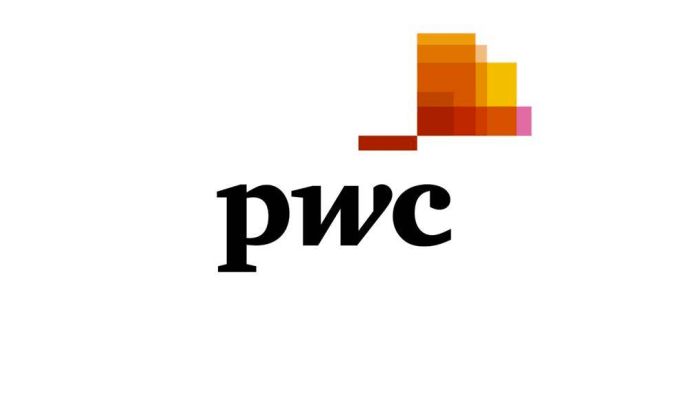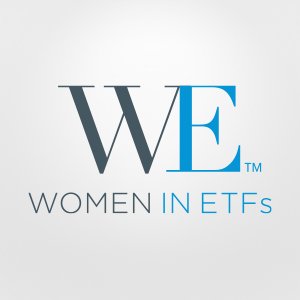Marie Coady, global ETF leader at PwC, has been at the forefront of the exponential growth of the European ETF market over the past two decades.
More specifically, she has been in the foreground as Ireland has become the dominant ETF domicile on the continent, with assets topping over $1trn in 2023.
Coady (pictured) has been helping global asset managers enter the European ETF market at PwC for over two decades and has seen the market grow from strength to strength.
She also founded the Irish chapter of Women in ETFs in 2016, the global industry body that champions women in the ETF industry.
The Emerald Isle is now the second biggest ETF domicile globally, behind only the US, propelled by the powerful withholding tax advantage on US equities.
“I am very fortunate to have had exposure to ETFs since very early in my career. While many parts of the asset management sector are exciting segments to work in, ETFs have been a continuous success story globally and in Ireland,” she said.
Despite the impressive growth, Coady is bullish on the future of the industry in Europe, as seen in its annual survey of global asset managers.
“Having had the privilege to survey almost all main ETF issuers for the past 10 consecutive years, this year’s results highlight that the positive momentum ETFs have had over the past two decades is set to continue,” she said.
“Investors across the globe are increasingly seeing the benefits of the liquidity, transparency and value for money that ETFs offer.”
However, according to the group’s latest report, ETFs 2028: Shaping the future, the industry still has some hurdles to overcome.
European ETF issuers see gaining access to broker-dealer platforms as one of the biggest distribution challenges.
According to Coady, this is a particular issue for new entrants to the market.
“As managers try to scale new products or are new entrants to the market, it can be very challenging to get ETFs accepted onto broker-dealer platforms, as many brokers will be looking for certain minimum conditions to be met around areas such as fund size, trading volumes and performance history,” she said.
“In addition, the lack of consistency regarding how brokers operate in each of the different European markets makes it a particularly complex area for issuers to navigate. “Platform fees can also make the economics more challenging in the early stages as ETFs gather assets.”
The report tipped the European ETF market to hit $3trn by June 2028, up from $1.8trn at the end of 2023, helped by the rise of retail and active ETFs.
“Having surveyed executives of 75 firms globally, our results indicate that issuers themselves are bullish on the opportunities for active ETFs,” she said.
“The Asia Pacific and Europe survey results show 50% and 48% expecting significant demand for active ETFs over the next two to three years.
“These regions typically follow ETF trends in the US, with a slight lag. Additionally, we have observed an uptick with the level of inquiries and engagement by firms in these regions on active ETFs over the last 12 months.”




